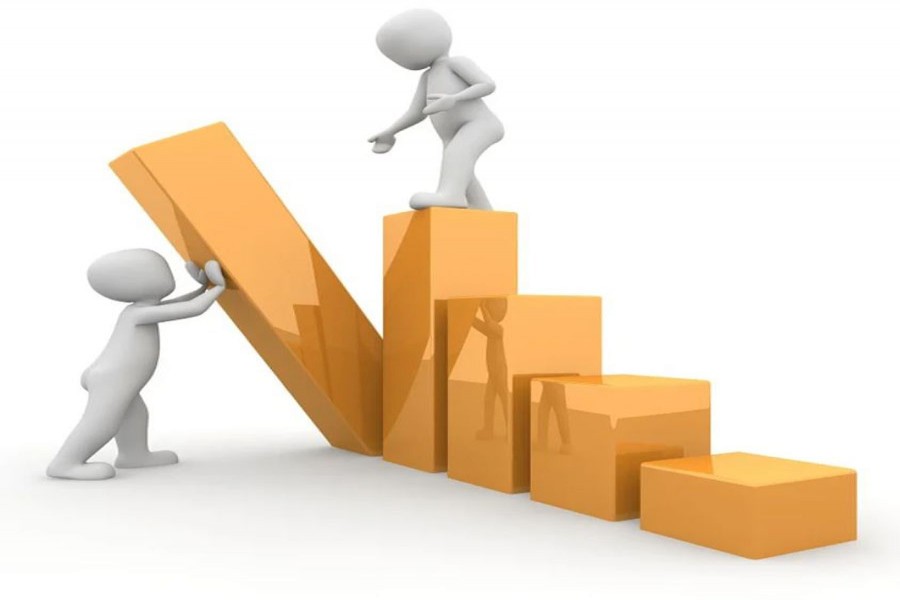Not so much attention is paid to statistics even at the height of the financial crisis. The daily drip of epidemiological data related to Covid-19, and its terrible economic and social consequences, has uncovered a legion of statistical experts, especially tertullians. Indeed, anyone disputes the timeliness of the data, the international comparability - and in the case of Spain, the relevance for measuring the phenomenon - whether or not positive cases should occur, without offering the number of tests carried out-and a long list of related issues. Professional statisticians are used to evaluating the quality of the data, which are then analysed by epidemiologists, sociologists, economists, but also medical researchers, astronomers, naturalists, psychologists, or used in complex mathematical models; some, unfortunately, of little use if they do not translate to political decision makers. Thus, in addition to analysing the data, it is necessary to study the "metadata" - that is, information about the data: definitions, classifications, reference periods, formulas used, etc.- and that such metadata be published together with the data.
To those who criticise statistics as a tool that ignores personal particularities-"a dead man is a disgrace, twenty million dead is a statistic," Stalin said, "international agencies would not be able to identify good practices, make recommendations, or evaluate countries' policies without quality statistics, so they invest in their improvement in developing countries. Can statistics from a country such as Bangladesh that, with almost 160 million inhabitants, a population density twelve times higher than that of Spain and very precarious living conditions, be considered reliable, only about five thousand died by Covid-19? Less advanced countries are known not to have good information systems (including administrative records, statistical systems and other measurements) and this is a vicious cycle: with poor civil and medical records, child mortality cannot be addressed; food crises cannot be addressed with out-dated or incomplete agricultural production and price data; it is difficult to manage the social coverage of the unemployed without quantifying informal work; greenhouse gas emissions cannot be controlled without adequate environmental measurement systems. Some reason would lead Bill Gates to invest $280 million in 2017 in improving African health statistics. Investments in improving information systems take many different forms: the professional preparation of statisticians in these countries, the financing of data collection operations, the improvement of computer systems, the harmonisation of their methodologies - their metadata - to be internationally comparable, among others.
Statistics are a public good in which you have to invest. In addition, a good that is not exhausted: the use of data by one analyst does not prevent another from using it as well. The 2030 Agenda - the "Sustainable Development Goals" - does not in vain include, within Objective 17, "Revitalising the Global Alliance for Sustainable Development", the goal "By 2020, [of] improving support for capacity-building [...] to significantly increase the availability of timely, reliable and high-quality data broken down by income, sex, age, race, ethnicity, immigration status, disability, geographic location and other relevant characteristics in national contexts." And in addition to investing in our own statistics, it is important to do so in those of our neighbours, even the distant ones, since only information travels faster than viruses. Some international cooperation agencies such as the United Kingdom (DFID) or German (GIZ), and private foundations such as the "Bill and Melinda Gates", have joined the funds of international bodies. Neither Spanish cooperation nor statistical offices (INE and regional statistics institutes) are present in technical assistance to developing countries. Filling that gap, DevStat works from Valencia and on the ground with the statistical offices of developing countries: processing data from the first population census in Bosnia and Herzegovina conducted after the Yugoslavian war, improving social statistics in Lebanon after the Syrian refugee crisis or working with statistics offices in the Mediterranean region during the Arab Spring; analysing Ukraine's regional data during the Russian occupation of Crimea and the proclaimed independence of Donetsk and Luhansk. In all these cases, it is to be expected that the political makers have had better information, although that escapes the hands of the statisticians.
In the Valencian Community, we have not had, fortunately, these violent conflicts; but I still remember the deplorable conditions of the Mortality Registry that I visited many years ago during my time at the not anymore existing Valencian Institute of Statistics (IVE)-a sad office with out-dated computers in which dedicated officials coded handwritten death bulletins by the doctor. It would not hurt to recall that successive Valencian governments first extinguished the IVE-in 2012, during the last popular legislature-and despite the multiple subsequent criticisms of the next Consell, the current government has forgotten to reinstate it.
Statistics are resentful of crises, when there are many needs to be financed, but at that time the usefulness is demonstrated, the urgency of having reliable data. Perhaps the fact that statistics have been a trending topic during the pandemic for politicians to base their decisions more on data, and society to give them the importance they deserve in the face of tertullian comments and public spending cuts.
José Luis Cervera is CEO of DevStat Statistical Consulting Services.
[The article is provided by Mr. Aftab Ul Islam, former President of Dhaka Chamber of Commerce and Industry (DCCI)]


